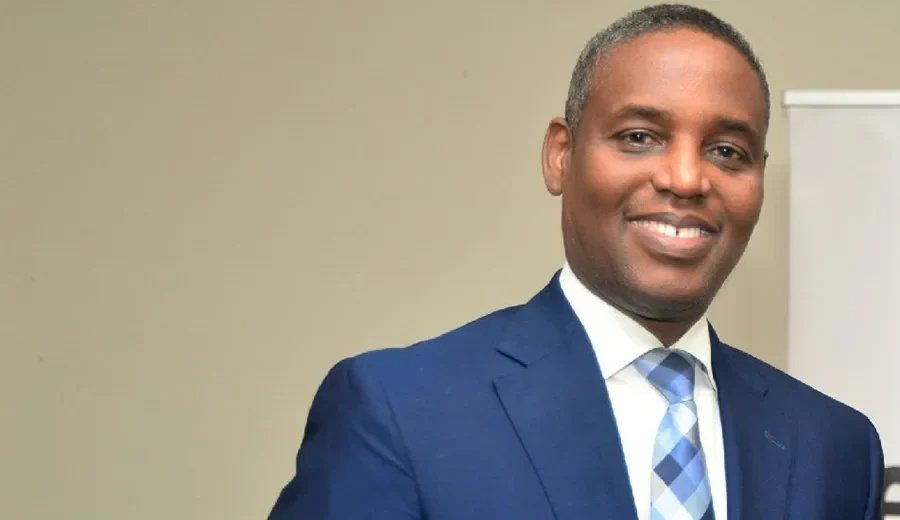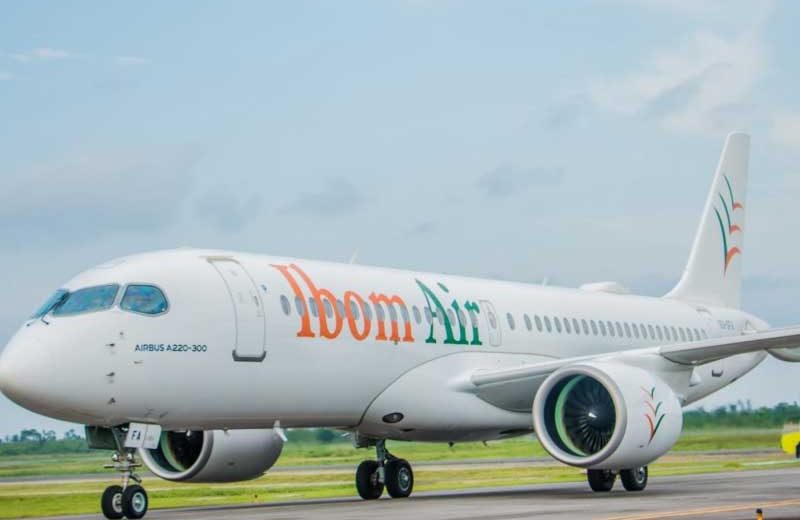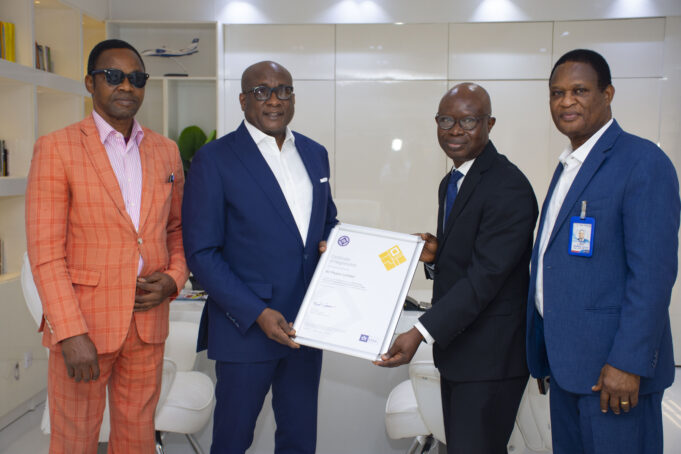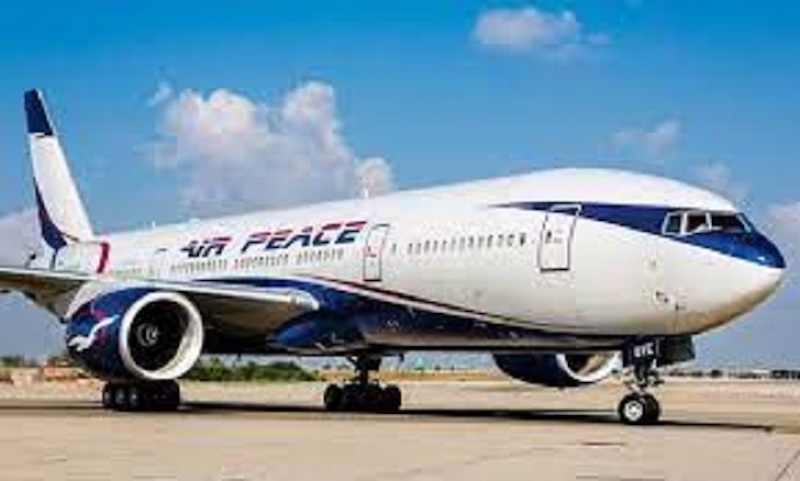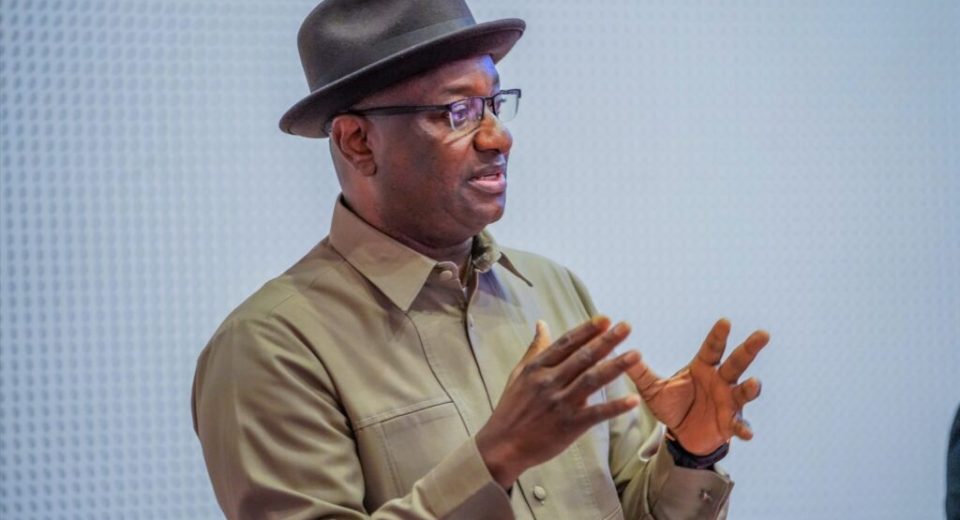Sanusi Identifies Benefits, Challenges of Aircraft Dry Leasing
The Managing Director/CEO of Aero Contractors Limited, Captain Ado Sanusi, has exposed the benefits and challenges of dry leasing of aircraft, a long-term lease of aircraft whereby the airline (the lessee) takes charge of the maintenance, insurance, crew management and operation of the aircraft. But the alternative, which is wet lease, the lessor is […]


